We’ve heard enough about how the kissing scene in the James Bond film was cut to about half its original length by the Censor Board ’cause it was just too much kissing. But what if I told you ‘Spectre’ was one of the lucky ones?
There have been several other films in cinematic history that actually never made it to Indian screens. Behold, all the cinematic adventure the desi audiences missed out on over the years.
1. 50 Shades of Grey (2015)
It was banned by the CBFC thanks to its many sex scenes, something that Indians must not be exposed to, according to the Censor Board.
The heavily sex-centric film was not given a rating by the Censor Board, even after voluntary cuts were made by the distributor. They decided to stick to good old Indian values, over blindfolds and handcuffs.
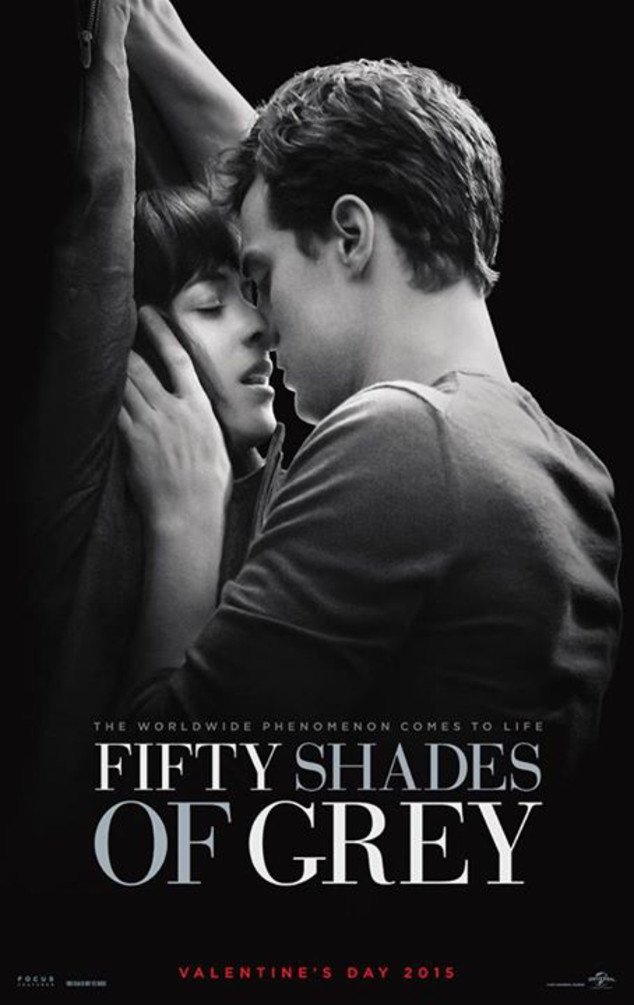
2. The Girl With The Dragon Tattoo (2011)
The Indian Censor Board decided to ban this thriller for its adult scenes of rape and torture.
The authorities demanded that these scenes be cut, which the director David Fincher refused to do. And the rest, as they say, is missed cinema.
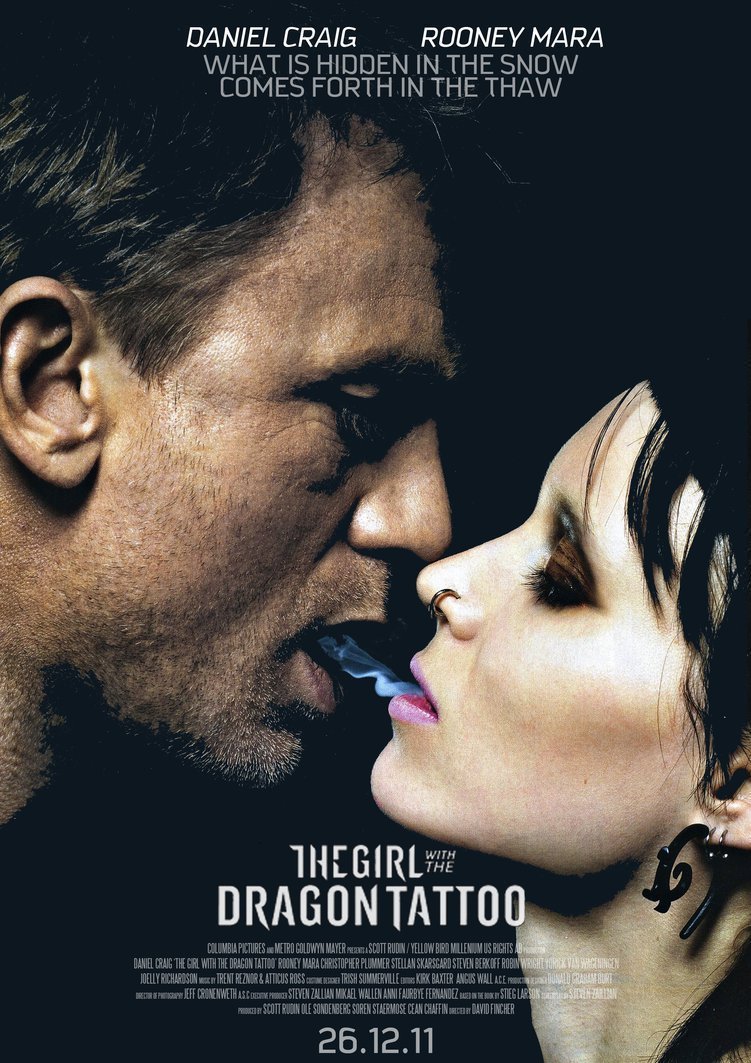
3. Dirty Grandpa (2016)
The CBFC found the film obscene because “this grandpa is dirtier than any 70-year old man.”
And of course, grandpas should always be sanskari. “We’ve placed a ban on ‘Dirty Grandpa’. We wonder why an actor of De Niro’s caliber did such a sleazy film,” a Board member was quoted as saying. And just like that ‘Dirty Grandpa’ was buried.

4. Magic Mike XXL (2015)
It’s a movie about male stripping – I don’t think I need to say much more.
The Board felt it was against Indian culture. After the Examining Committee rejected it and a majority vote went against the male-exotic dancing drama, the makers had no option but to halt the release.
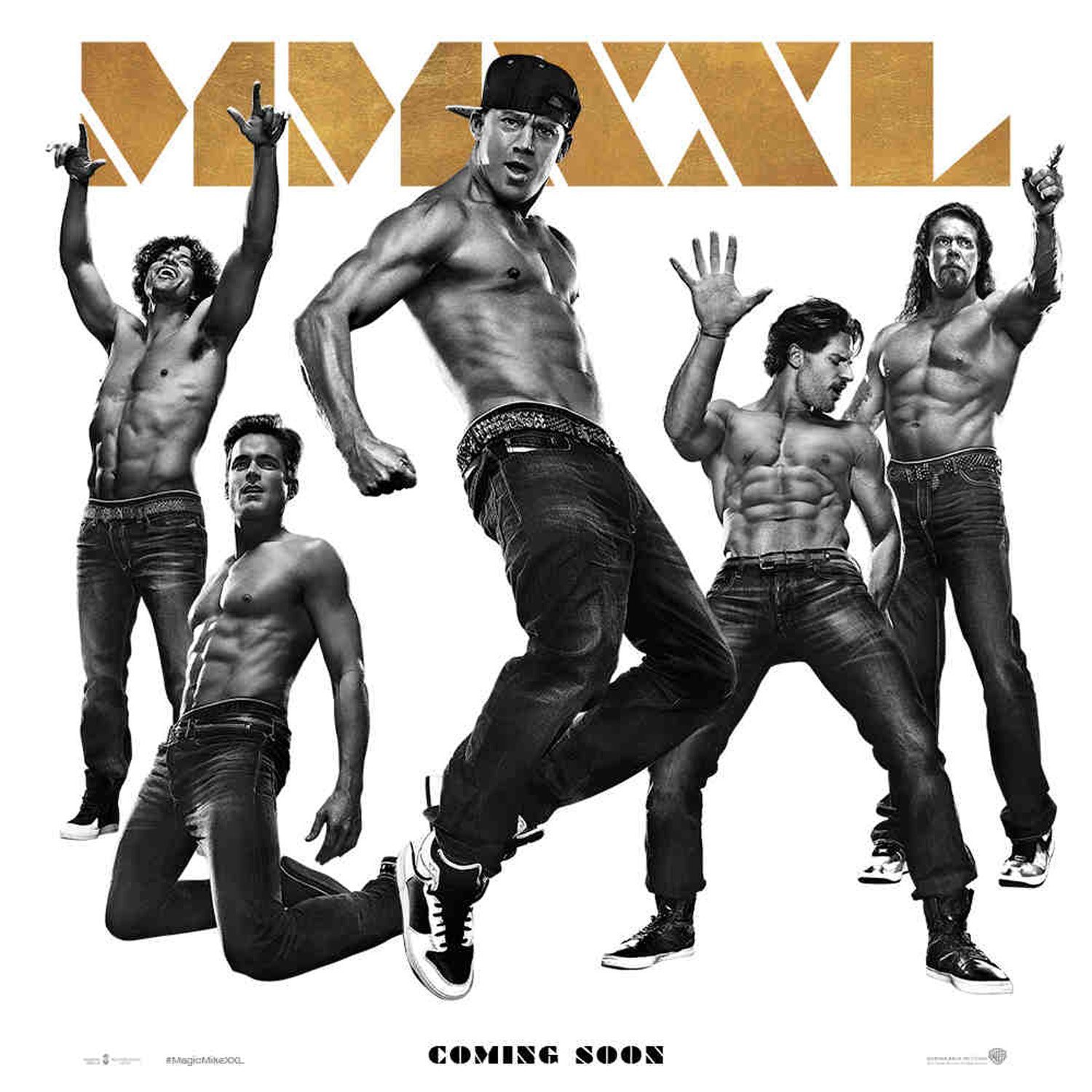
5. Get Hard (2015)
The studio was convinced that there was no way the Board members would let ‘Get Hard’ play on Indian screens the way it was meant to.
In an unprecedented loss to the Indian screens, days before its premiere, Warner Brothers decided to withdraw ‘Get Hard’s Indian release, fearful of the unpredictable cuts the CBFC would invariably inflict on their film.
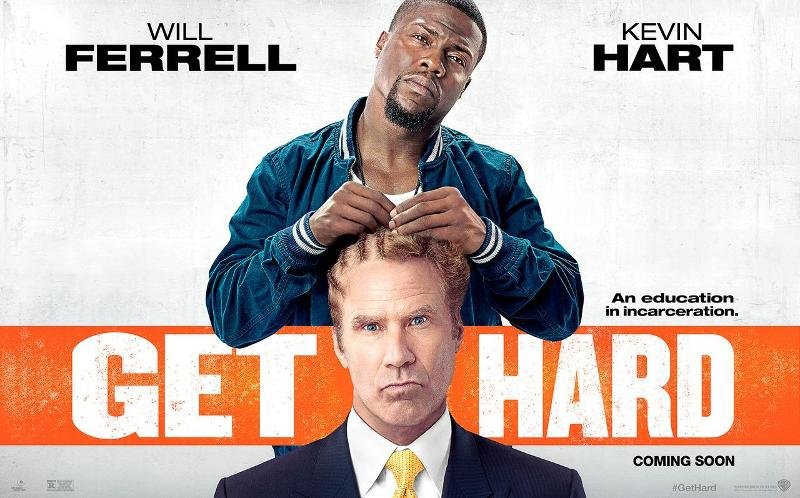
6. Blue Jasmine (2013)
The CBFC clears a film only if there’s a smoking disclaimer inserted in the film’s reel, EVERY SINGLE TIME a character lights up.
Woody Allen, who has complete autonomy over his films, refused to do so, resulting in the film not getting a Censor clearance.
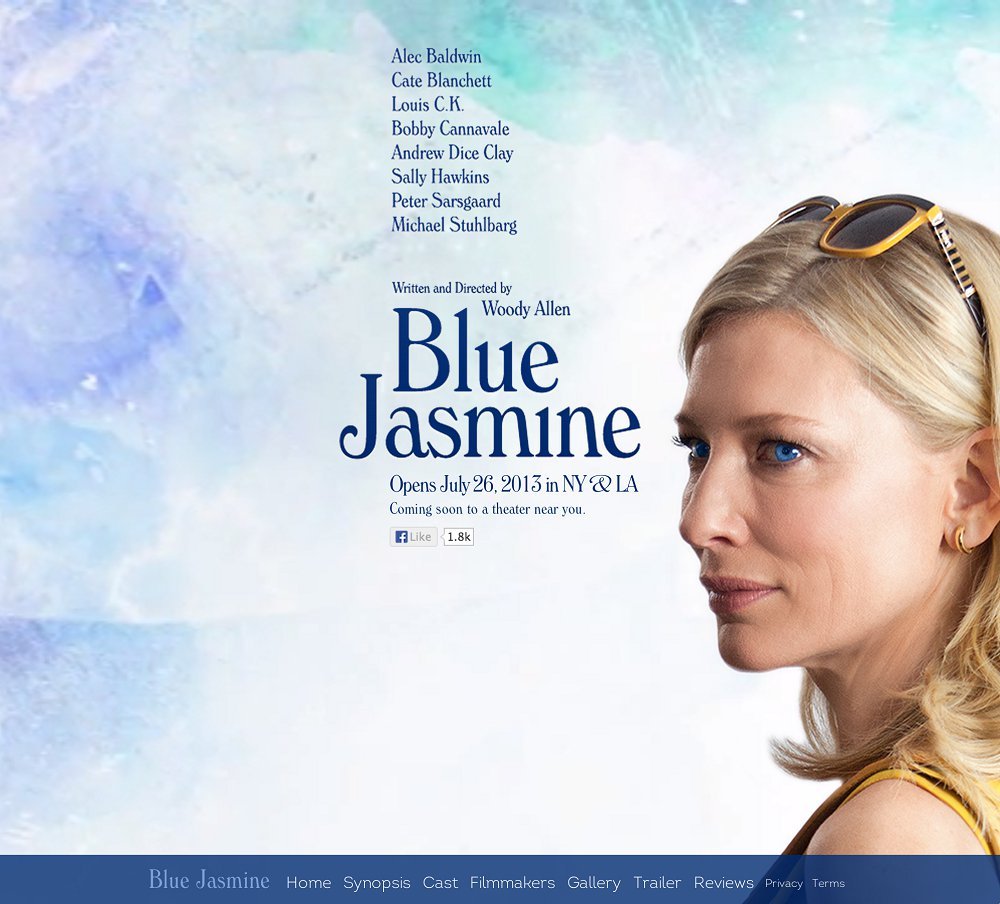
7. Kama Sutra: A Tale of Love (1996)
There were several erotic scenes in this film depicting heterosexuality and homosexuality that led to the ban.
The ‘India is the origin of Kama Sutra’ argument evidently did not go well with the authorities, since the Censor Board termed it ‘explicit’, ‘unethical’ and ‘immoral’. It was, however, later released with a 2-minute cut of nudity.
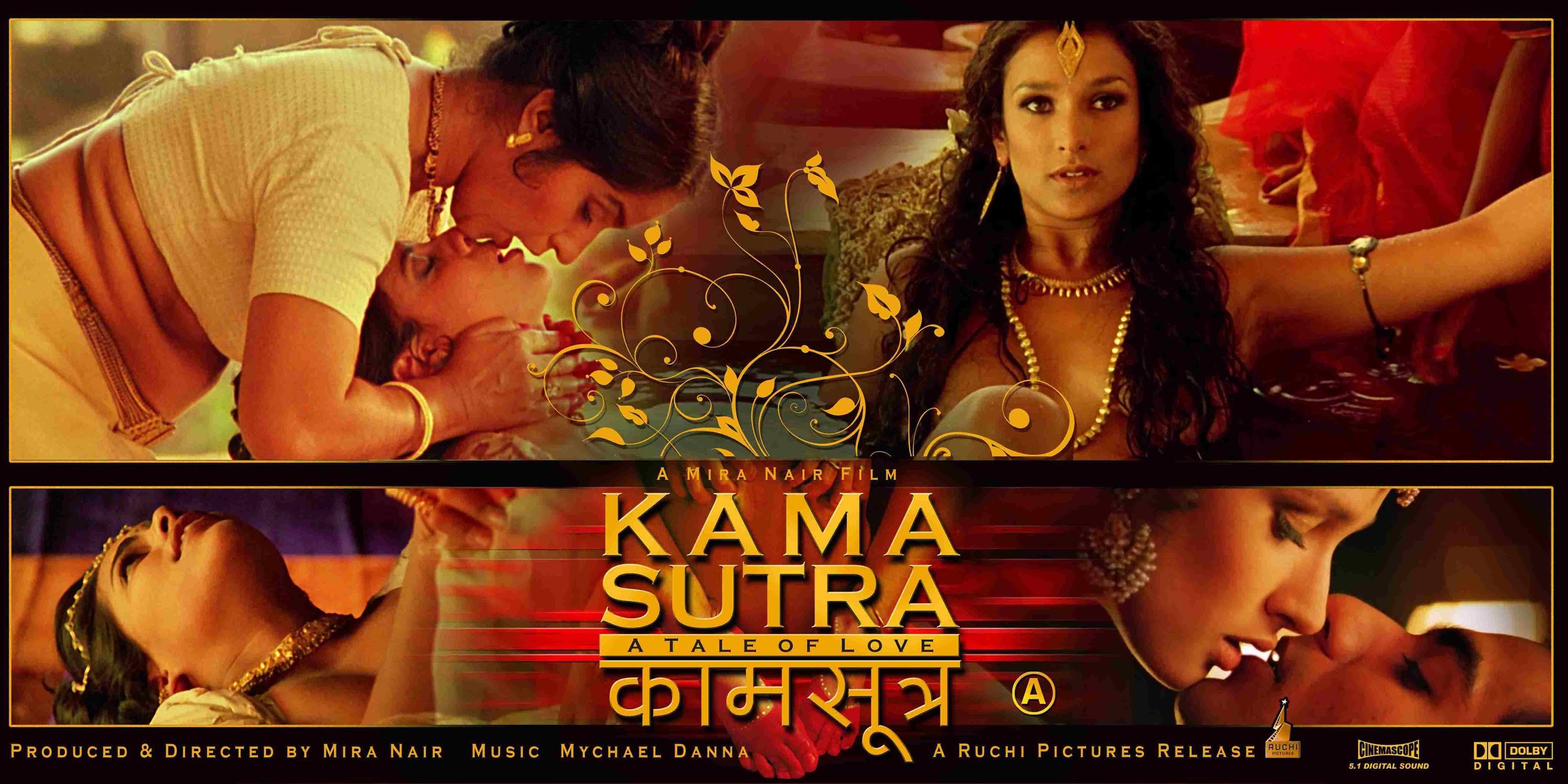
8. Water (2005)
The film portrayed ostracism and misogyny towards the widows in the rural areas.
The crew were confronted with numerous protesters at Varanasi while filming. These protesters created a havoc on the sets by burning some equipment. It faced numerous oppositions when it was filmed in Uttar Pradesh. Banned by the Censor board, it was released much later in 2007.
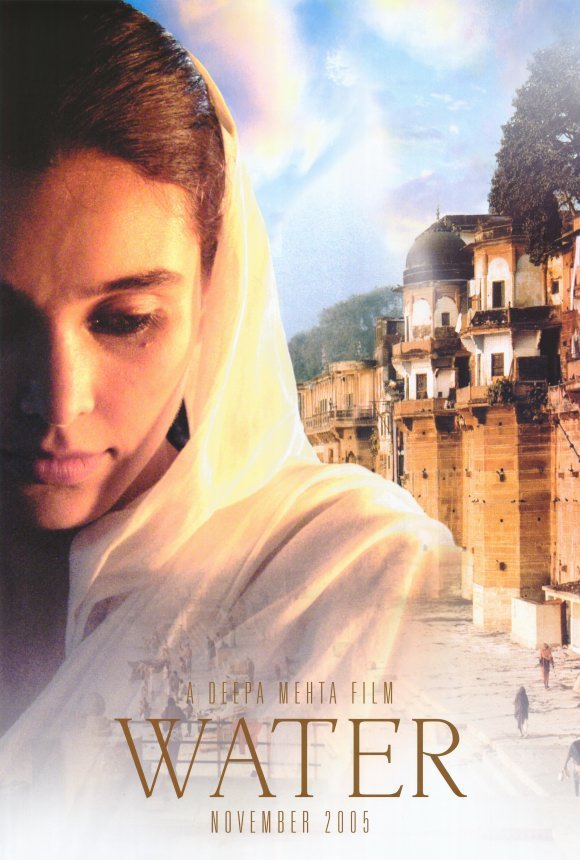
9. Indiana Jones and the Temple of Doom (1984)
This movie depicted Hinduism, Indian culture and traditions in a negative light.
The reason was strong enough for the Censor board to ban the movie. The ban was later rescinded, though.
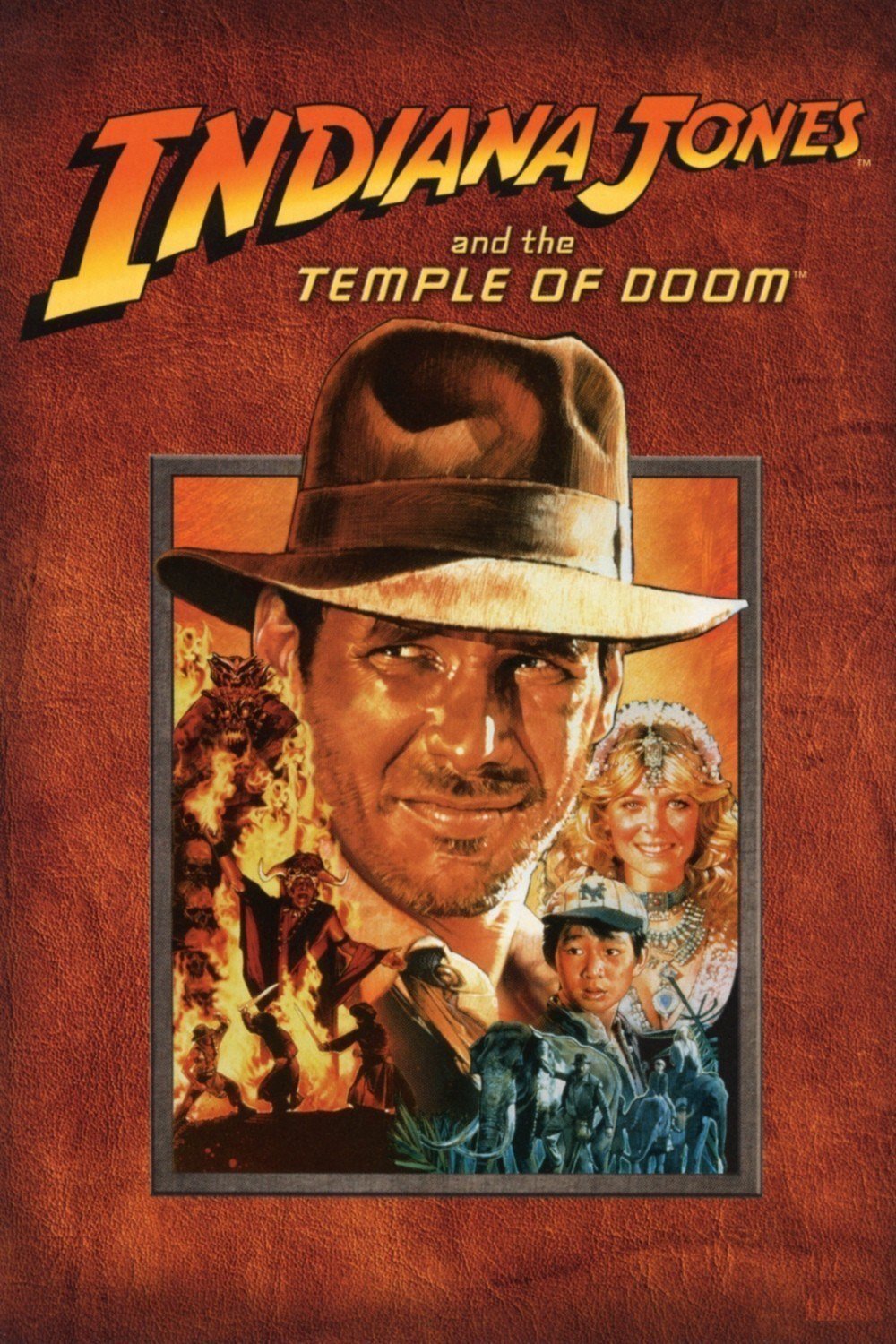
10. India’s Daughter (2015)
It was banned due to perceived negative public sentiment including remarks defending the rape which drew public outcry in India when the film was shown.
This television documentary about the 2012 Delhi gang rape was prevented from being broadcast by a stay order from a court. The movie was uploaded to YouTube and the Indian government requested it be removed.
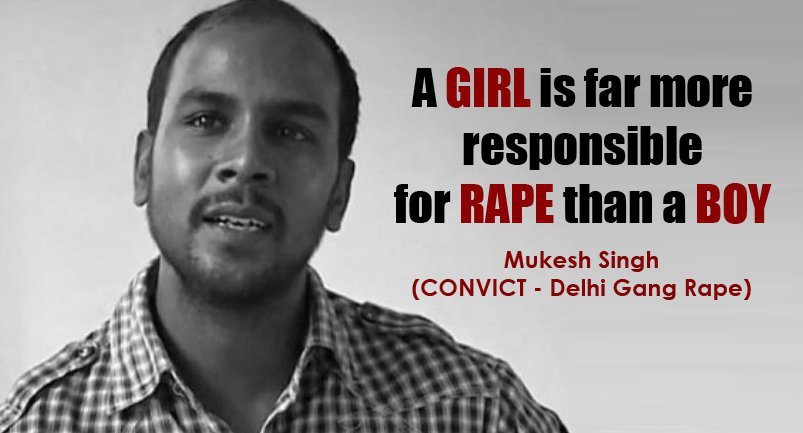
11. No Fire Zone (2014)
The violent Sri Lankan Civil War documentary by director Callum Macrae was not allowed for public screening by the Censor Board.
He decided instead, to release the film on the internet to circumvent this ban by the Indian authorities.
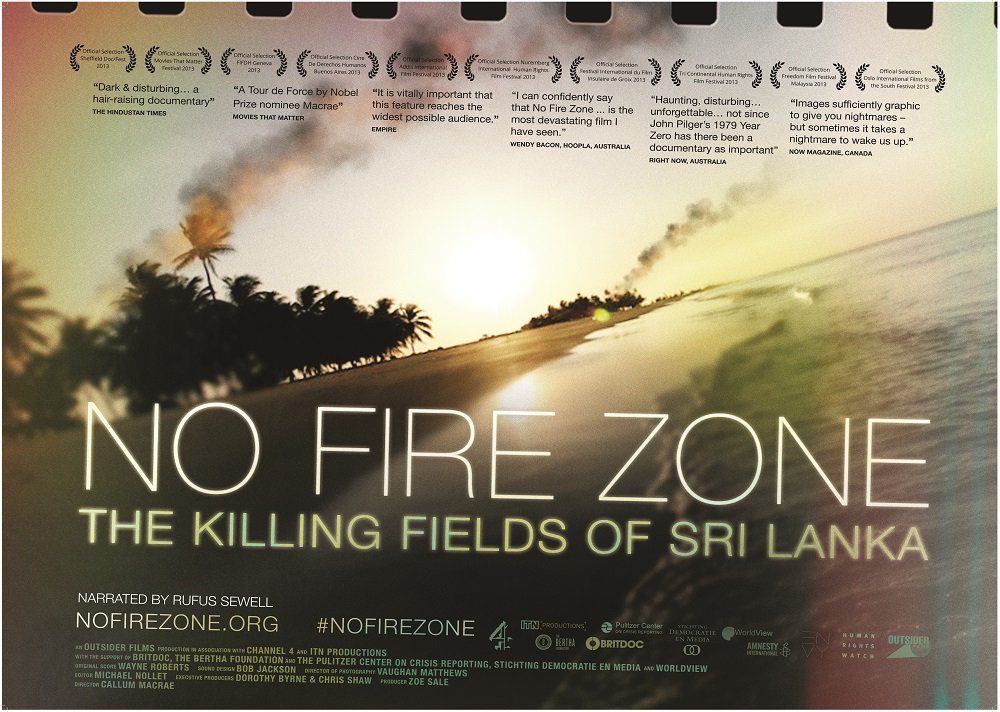
12. I Spit On Your Grave (1978)
It’s a film full of horrifying scenes and sexual violence.
It received a limited audience when it was released and it’s actually still banned in several countries – including obviously India.
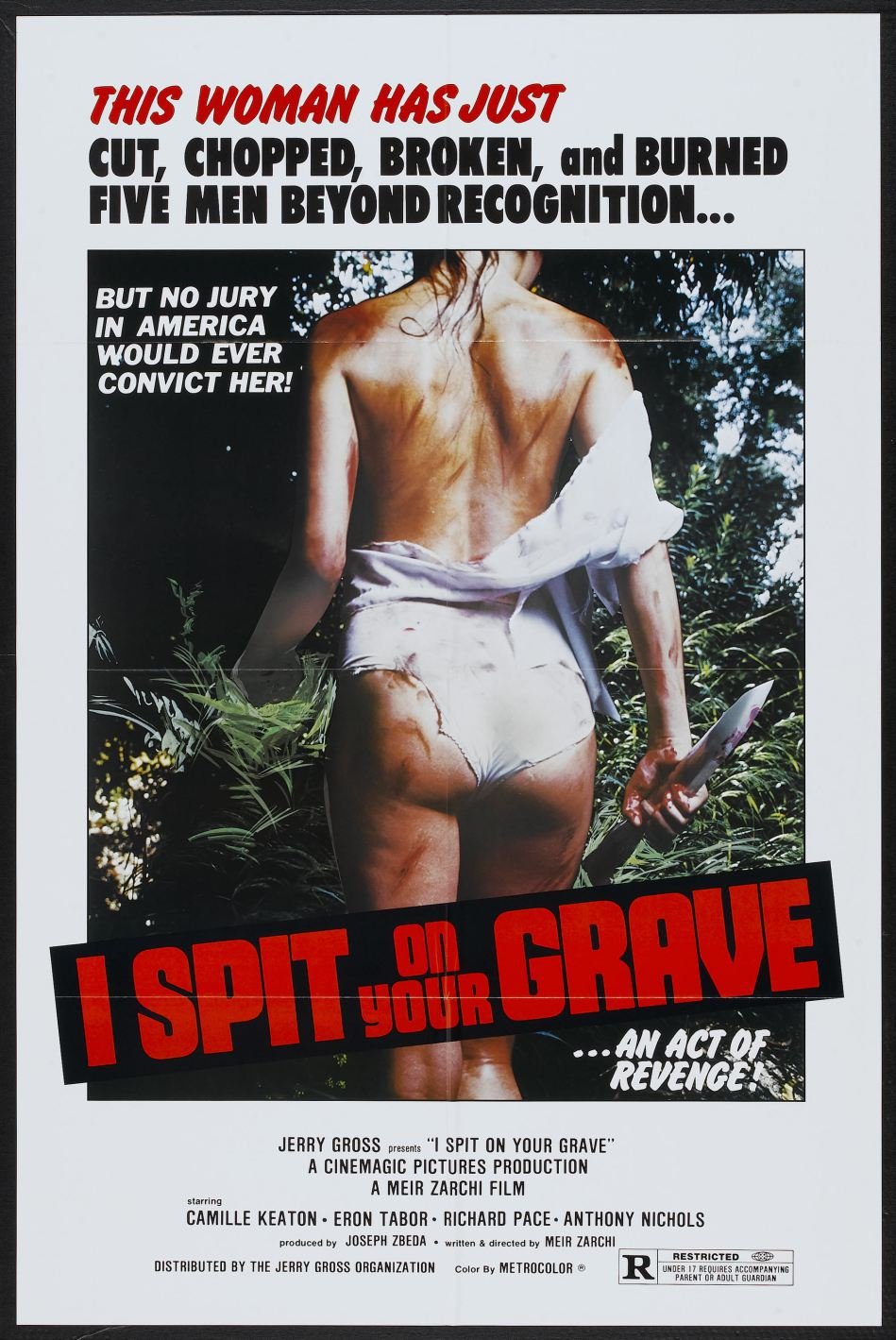
13. The Da Vinci Code (2006)
There was a huge outcry in many states of India by the Christian minorities to ban the film from screening in India for the perceived anti-Christian message.
Finally, it was banned in Punjab, Goa, Nagaland, Meghalaya, Maharashtra, Tamil Nadu and Andhra Pradesh.
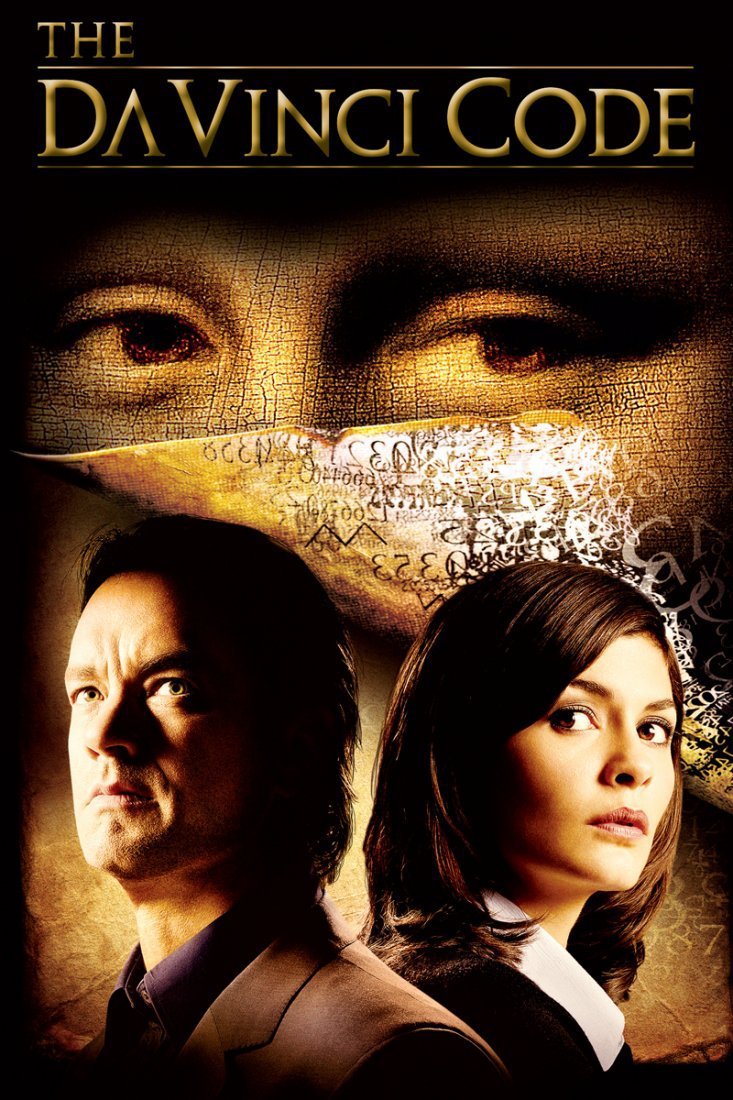
14. Cannibal Ferox (1981)
The movie has a high level of human brutality and gratuitous violence against animals and this obviously did not fly with the Indian Censor Board.
Said to be ‘the most violent movie ever made’, this Italian film by Umberto Lenzi was banned in 31 countries.
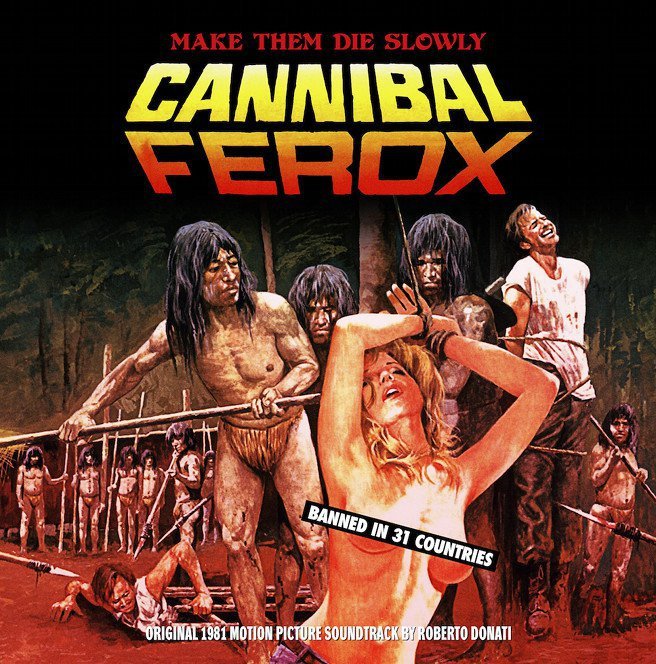
15. Cannibal Holocaust (1980)
This Italian film by director Ruggero Deodato is considered too disturbing and gory with several horrifying scenes such as a native inserting a stone dildo into a woman.
The Indian Censors along with those of several other countries thought it unfit for release.
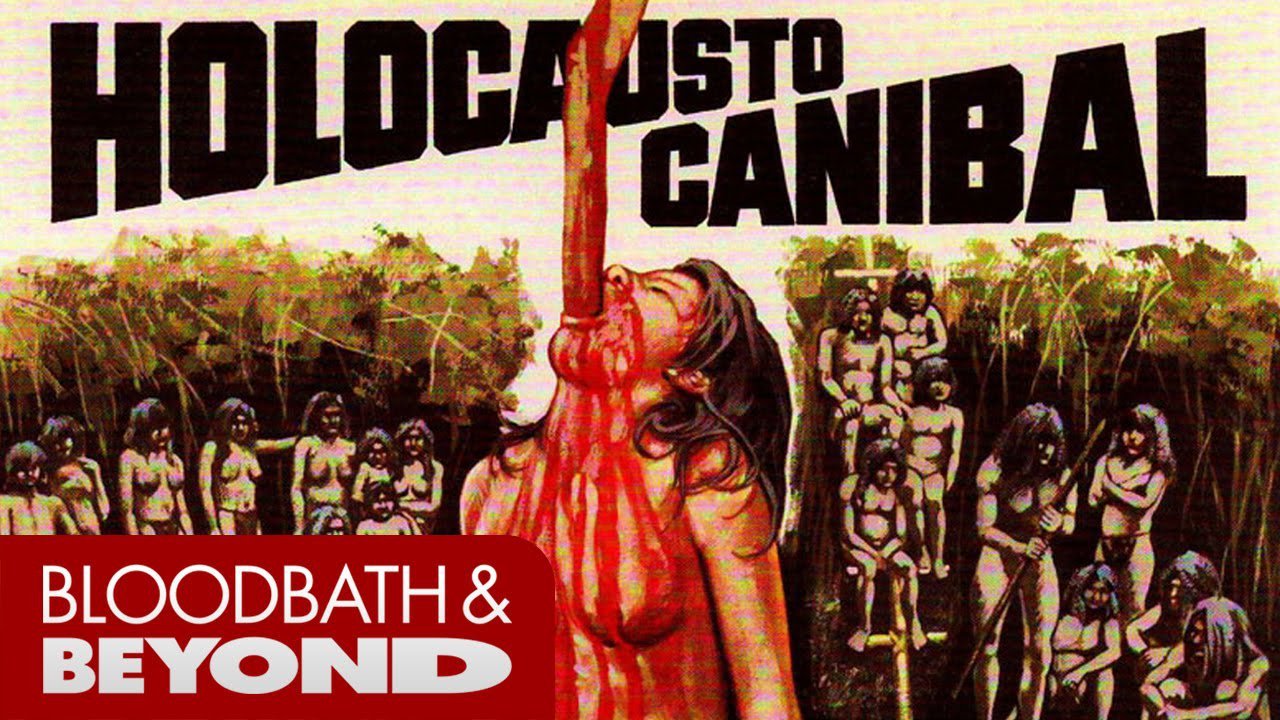
16. Salo (1975)
This Italian-French film by Pier Pablo Pasolini is about four fascist libertines who round up nine adolescent boys and girls and subject them to 120 days of physical, mental and sexual torture.
Banned in several European countries, this film never even stood a chance in the Indian cinemas.
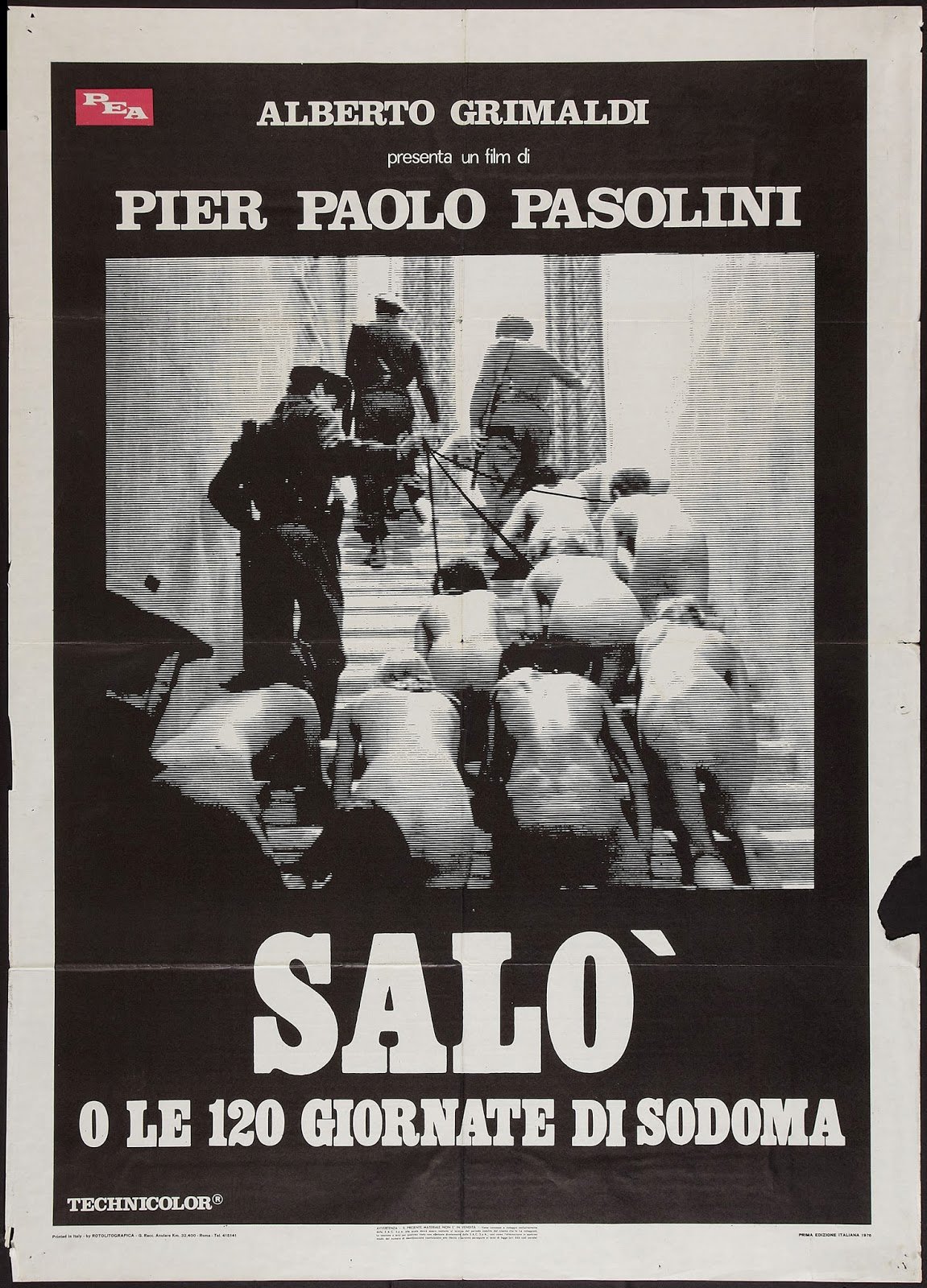
17. The Human Centipede (2009)
Tom Six’s Dutch torture-thriller, this film has a German surgeon conducting an inhumane experiment on three tourists he kidnaps.
Banned outright in the UK and in Australia, it was not even considered for release on Indian screens.
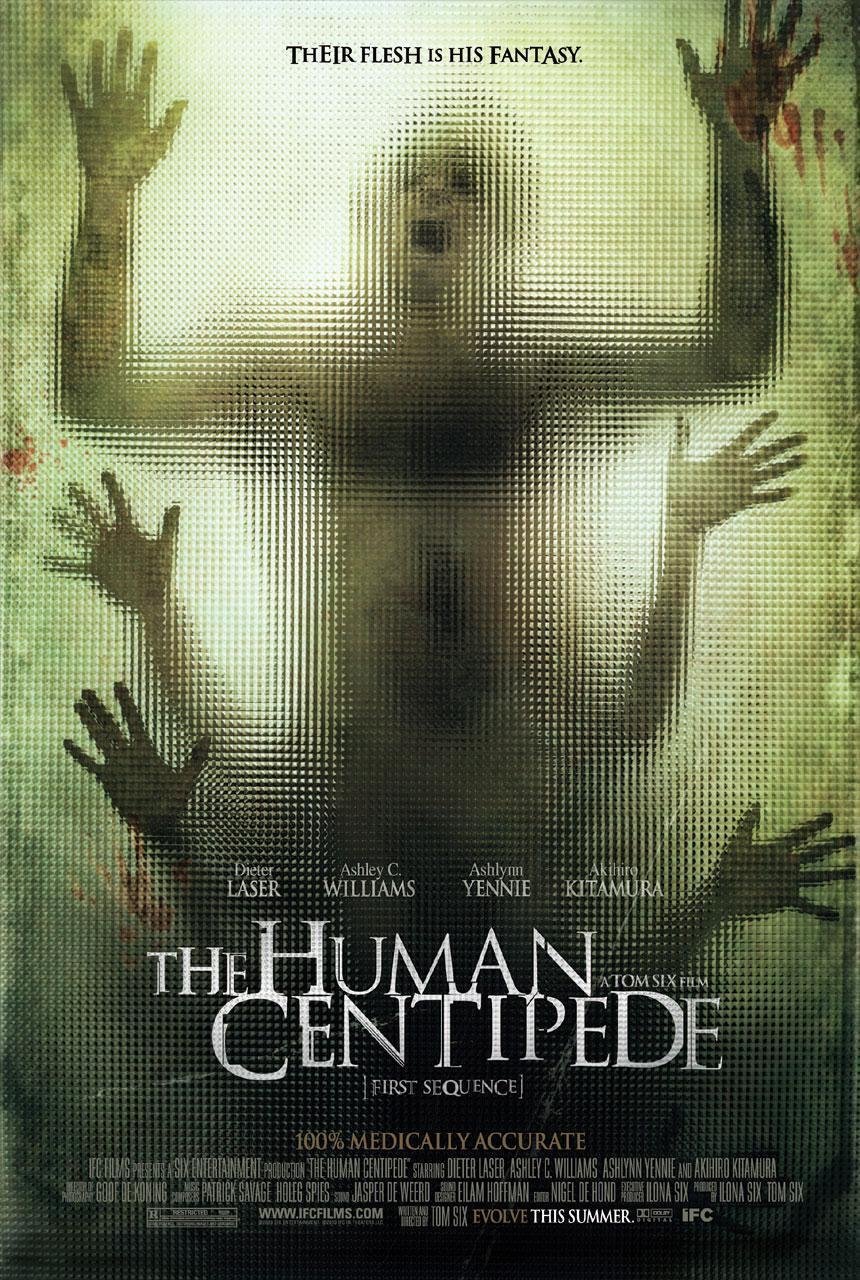
Oh well, thank the Gods of the Interwebs! Making it possible for movie buffs everywhere to watch anything their hearts may desire – no matter how violent or un-sanskaari.

















